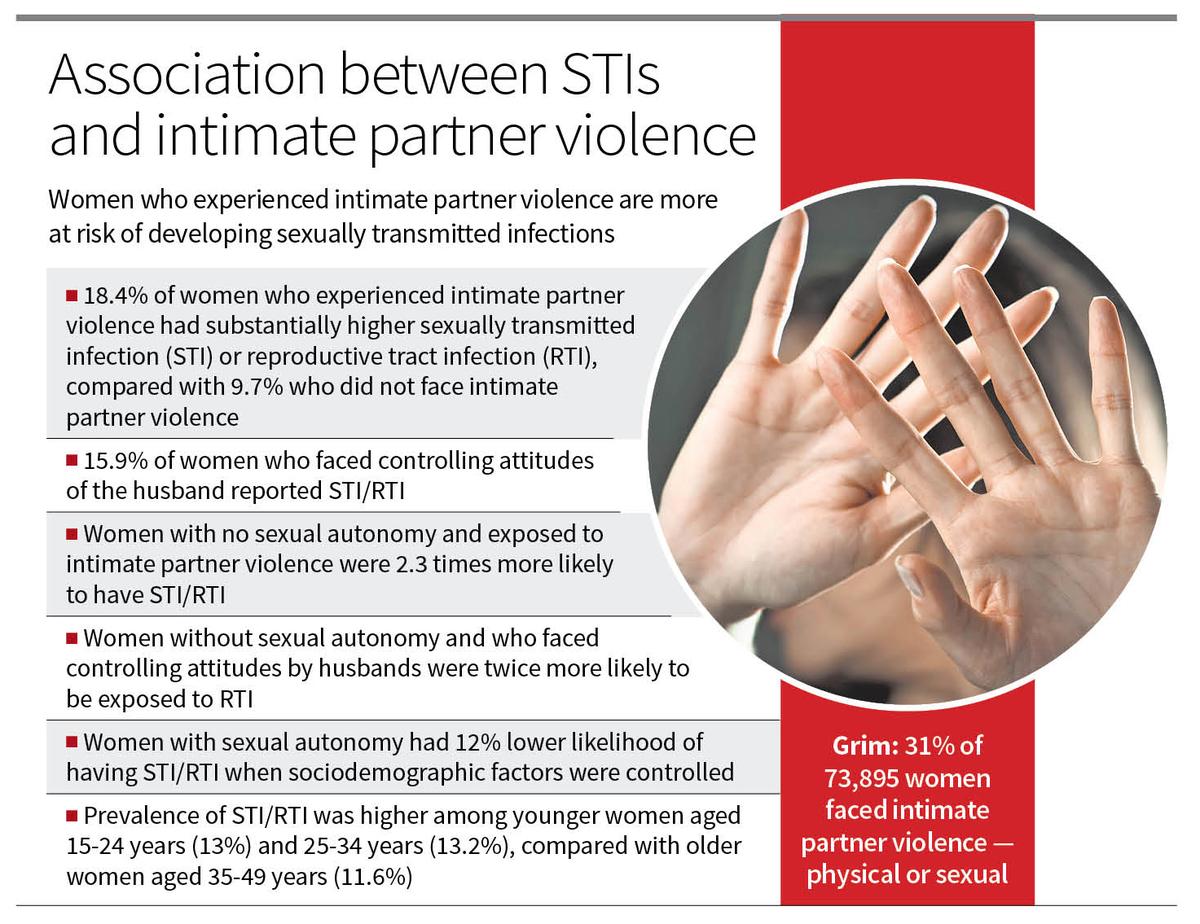A Gilead Sciences, Inc. office is shown in Foster City, California. File
| Photo Credit: Reuters
The Indian Patent Office is set to hear the objections against the grant of patent claims filed by U.S.-based pharmaceutical company Gilead Sciences on the HIV drug Lenacapavir later this week. Lenacapavir, administered as twice-yearly injections, has garnered attention for its potential in HIV prevention after multiple clinical trials demonstrated superior efficacy to standard oral preventive medicines, known as pre-exposure prophylaxis (PrEP).
Sankalp, a civil society organisation working with populations vulnerable to HIV, opposed the patent applications stating that the drug consists of a previously known compound, and should not be considered an invention according to India’s Patent Act. According to UNAIDS, this new HIV drug can offer hope of ending AIDS if all have access.

“Granting these patents, which would last until August 2038, could hinder access to affordable generic versions of Lenacapavir. Affordable generic HIV medicines have been crucial in keeping people alive globally, including in India,” said Eldred Tellis, director of Sankalp Rehabilitation Trust on Tuesday (September 17, 2024). “Without a steady supply of affordable Lenacapavir from India, ending AIDS will remain an elusive goal. Decisions made by Indian patent offices are a matter of life or death for people living with HIV/AIDS worldwide.”
Gilead has several patent applications in India on Lenacapavir. Two of these patent applications, filed in 2020, seek patents on the choline and sodium salt of the drug Lenacapavir.
Experts add that the Indian generic manufacturers have already developed the active pharmaceutical ingredient (API) and have the capacity to file for quality assurance and mass-produce long-acting injectables of Lenacapavir. The opposition to the grant of patent is part of a global effort to challenge Gilead’s monopoly on Lenacapavir and open up generic competition.

“We want the Indian Patent Office to prioritise public health over pharma profiteering in its examination process,” said K.M. Gopakumar, senior researcher at Third World Network, an organisation supporting patient rights.
He added that the Indian Patents Act does not grant monopolies on old science, like salt forms of Lenacapavir that do not contribute significantly to the technological pool. “Such monopolies can limit the entry of generic manufacturers and impede access to affordable medicines from India,” he added.
Published – September 17, 2024 11:01 pm IST










